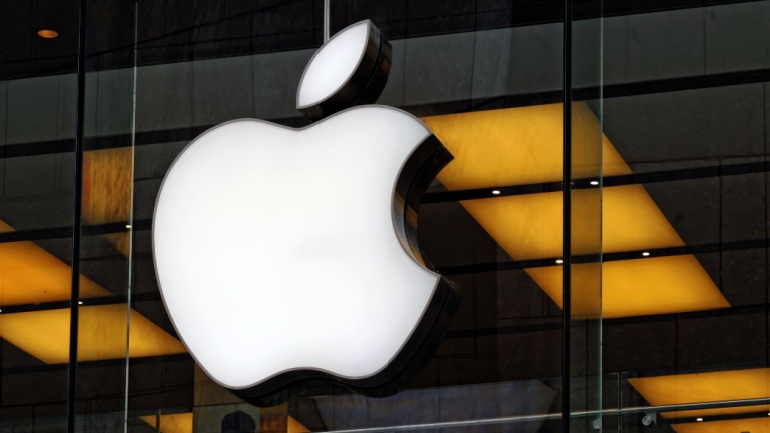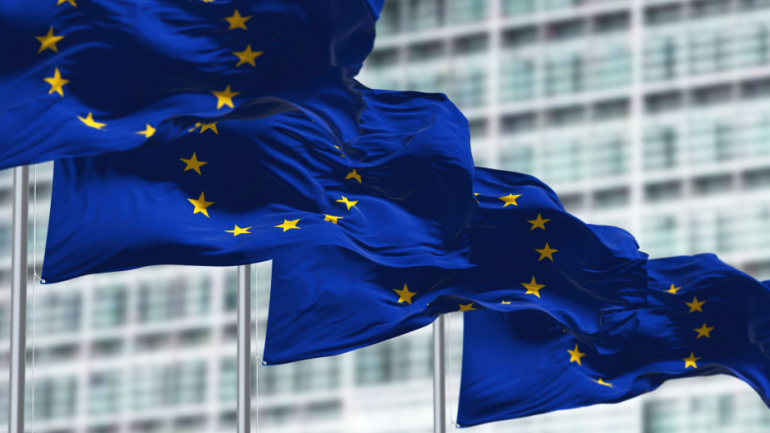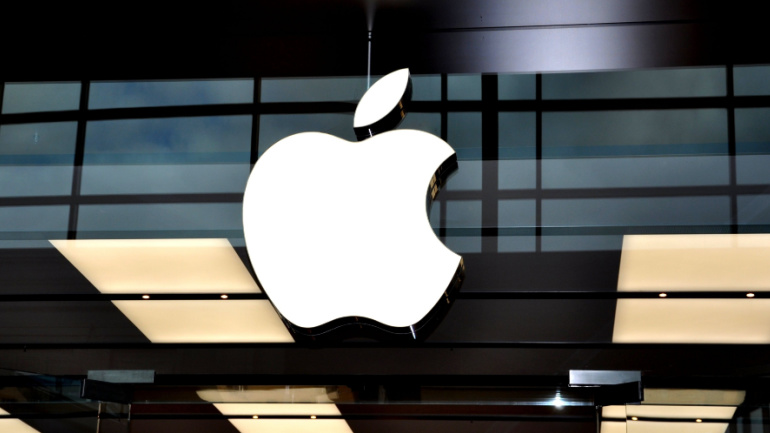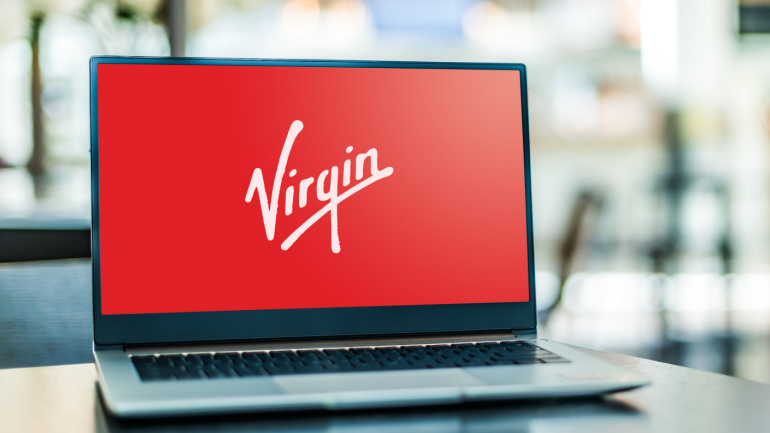In an unexpected turn of events, Google’s Pixel smartphones are carving out a significant niche for themselves in Japan, a market traditionally dominated by local brands and, more recently, by Apple. Despite a general downturn in the Japanese mobile phone sector, Google has emerged as a notable exception, with its Pixel range securing a market share surpassing 10% by the end of the fourth quarter of 2023. This growth positions Google as the third-largest player in the market, right behind Sharp but ahead of several traditional and long-standing competitors.
The European Commission has imposed a hefty fine on Apple, surpassing €1.8 billion, for its anti-competitive practices concerning music streaming services via its App Store. This penalty stems from an investigation initiated by a complaint from Spotify, the music streaming behemoth, nearly five years ago. Accusing Spotify of greed, Apple has announced its intention to contest the fine.
The 2021 ‘Build America, Buy America Act’ significantly reshaped U.S. telecommunications, demanding domestic purchases from companies eyeing a piece of the $42 billion BEAD funding. Despite industry concerns, majority purchase from U.S. vendors remains crucial.
The $24 billion merger between T-Mobile and Sprint drastically reshaped the US mobile landscape, reducing the country’s major operators. To counterbalance this change, Dish Network intended to purchase T-Mobile’s 800 MHz licenses.
Vodafone has announced its intention to sell its Italian branch to Swisscom for a total of €8 billion in cash, signaling a significant shift in the telecom landscape. This revelation came on Wednesday, following intense speculation in the media regarding such a transaction. The two companies have entered into exclusive discussions concerning Vodafone Italy, though a definitive agreement has yet to be finalized.
Mobilise, a telecommunications software powerhouse, is set to deepen its influence in Africa with Tier 5 MVNE services launch in Nigeria, Africa’s vast telecom market worth US$9.09 billion. Responding to the demand fuelled by over 30 MVNO licenses recently issued by Nigerian Universal Service Provision Fund (USPF), Mobilise positions itself at the forefront of this transformative stage.
The radio access network (RAN) equipment market experienced a significant downturn last year, as highlighted by recent reports from Omdia and Dell’Oro. These reports, drawing from detailed market analysis, reveal a challenging period for the industry, with global RAN revenues dropping by 11% to just over $40 billion.
As debate swirls around potential alterations to EU telecom sector merger regulations, European Commissioner Margrethe Vestager maintains her stance. Even with industry pressure for a shakeup due to challenges like 5G rollouts and shrinking profit margins, she insists on preserving existing rules.
European competition authorities are reportedly on the verge of imposing a €500 million penalty on tech giant Apple. This action stems from accusations tied to the company’s management of its iOS App Store, which is said to limit competition. The Financial Times brought this to light, citing unnamed sources familiar with the matter.
VMO2 faced a substantial loss of £3.3 billion in 2023, worsened by a £3.1 billion goodwill impairment rooted in increased capital costs. While their debt soured under challenging economic conditions, they still managed to attract 64,000 new broadband and 47,000 mobile customers. Nevertheless, revenues witnessed a slight tumble as consumer fixed income dipped and the B2B sector lagged.













